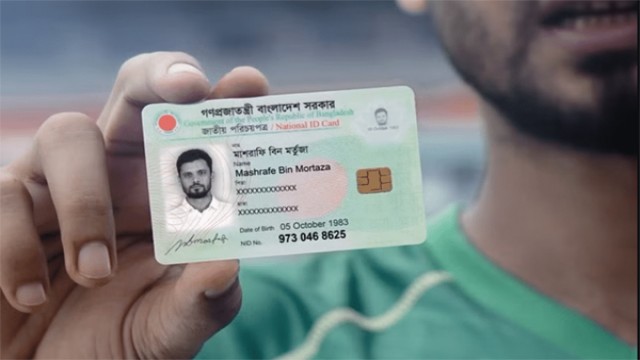A surge in illicit trading of personal data registered with Bangladesh's Smart National Identity Card (NID) system has prompted mobile banking institutions to alert law enforcement agencies. Concerns have risen over the availability of individuals' personal information on various Telegram channels, with reports emerging of buying and selling such data.
A quarter with vested interests has exploited Telegram channels and even established dedicated websites to facilitate the illicit trade of customer data. Perpetrators have attempted to associate the names of reputable mobile banking institutions, heightening concerns and aiming to deceive customers through false claims.
While skepticism persists about the authenticity of the data circulated on digital platforms, ICT experts warn of the vulnerability of the populace to misinformation and fraudulent activities. Despite the availability of national ID information online, experts note that such data is non-exploitable for fraudulent purposes within Bangladesh.
The national ID database, a repository for personal information of millions, remains a target for cybercriminals. Experts emphasize the legal consequences for both sellers and buyers of such information and stress the importance of prompt communication with law enforcement agencies.
Mobile banking entities have reportedly notified authorities about these breaches, acknowledging the challenges in combatting digital platform propaganda related to data breaches. Meanwhile, cybersecurity experts underscore the risks faced by individuals involved in purchasing such data, including potential hacking and blackmail.
The proliferation of customer information on digital platforms has raised concerns among citizens, potentially undermining trust in financial institutions and fostering a climate of insecurity. Collaboration between industry stakeholders and law enforcement agencies is crucial in addressing these challenges and safeguarding individuals' data privacy and security.






























Comment: